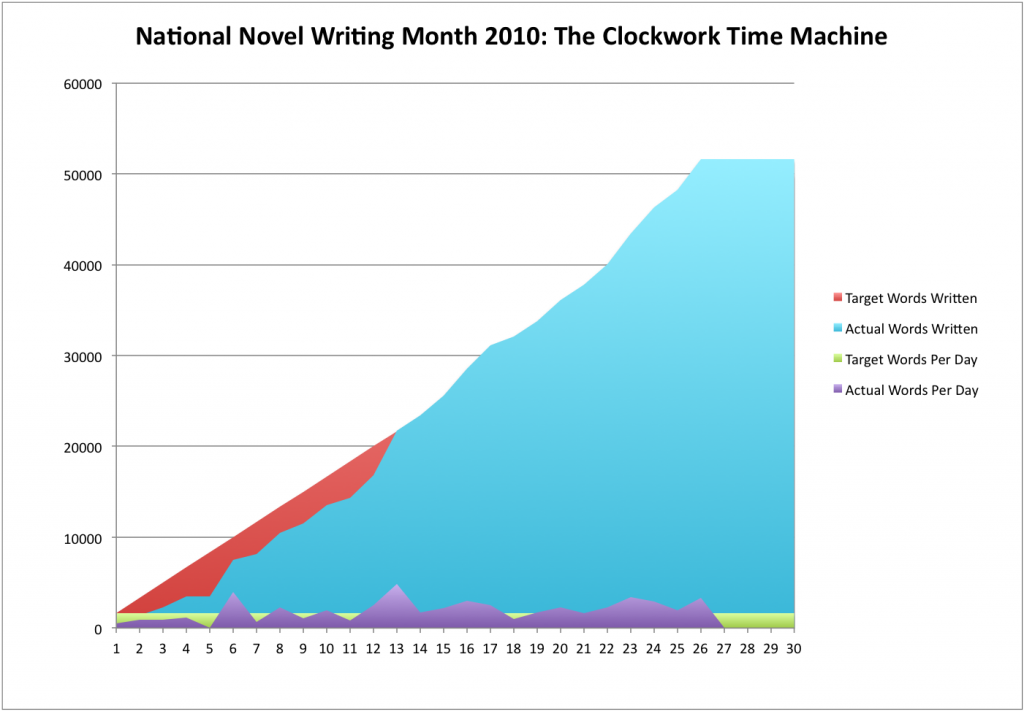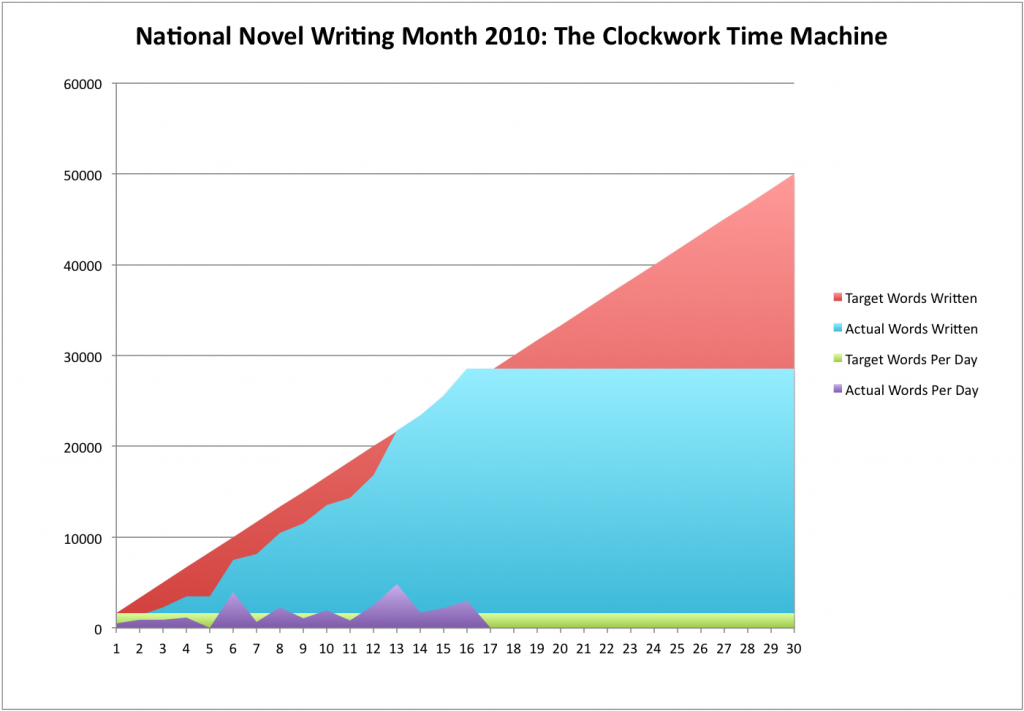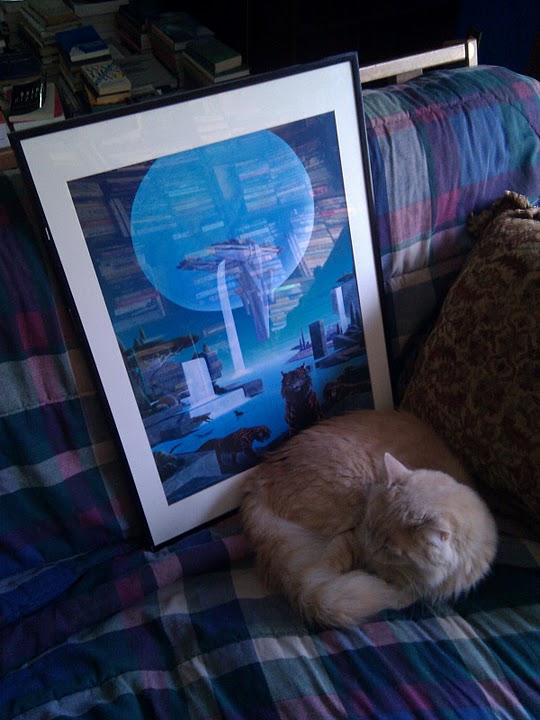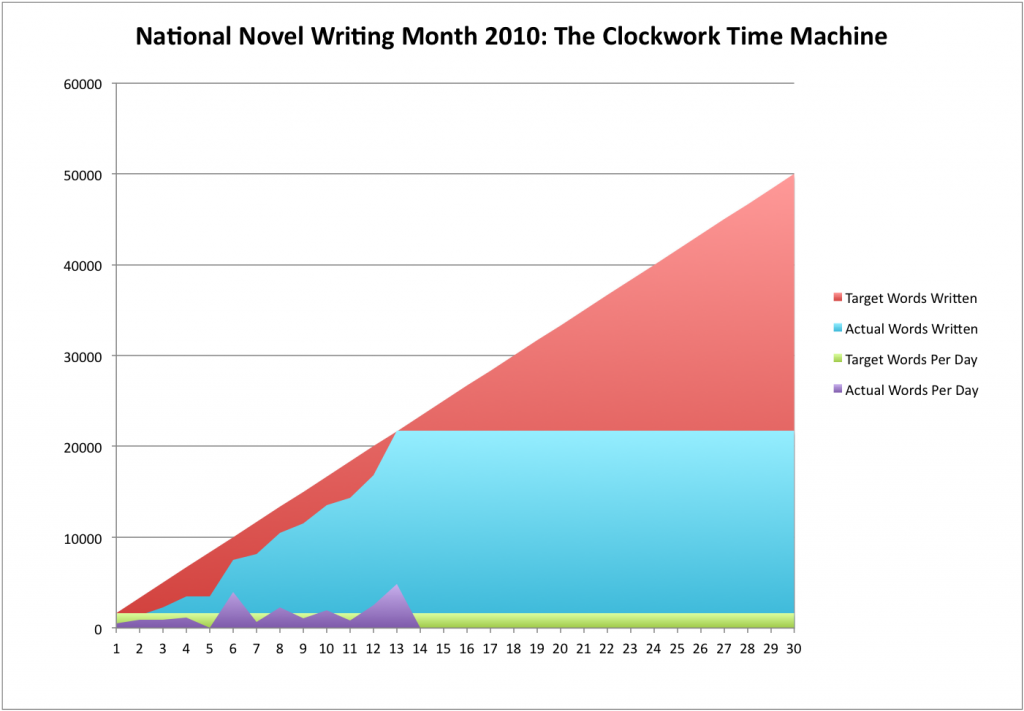
What you see is Page 24 of my rough layouts - THE HALFWAY POINT: On time, on schedule. 24 roughed up pages complete. For those who don't know my process, the act of putting together a comic
- begins with some scribbled sketches and notes
- continues with 24 tiny scribbled panels all one page
- continues with 24 super rough letter size (actually 9x12, what I had on me) pages
- continues with 24 "detail roughs" on larger (10x14, what I had on me) pages
- then I pull out the lightbox and the vellum and trace each page over and over itself until it looks good
Normally I'd scan those pages and screw around a lot with Photoshop, Illustrator, Painter and Xara, but screw that. This time I'm inking, lettering, drawing panel borders by hand. No time. No time. To help me along, these are the tools of the trade, my crutches, and my models ... that and Google Images.
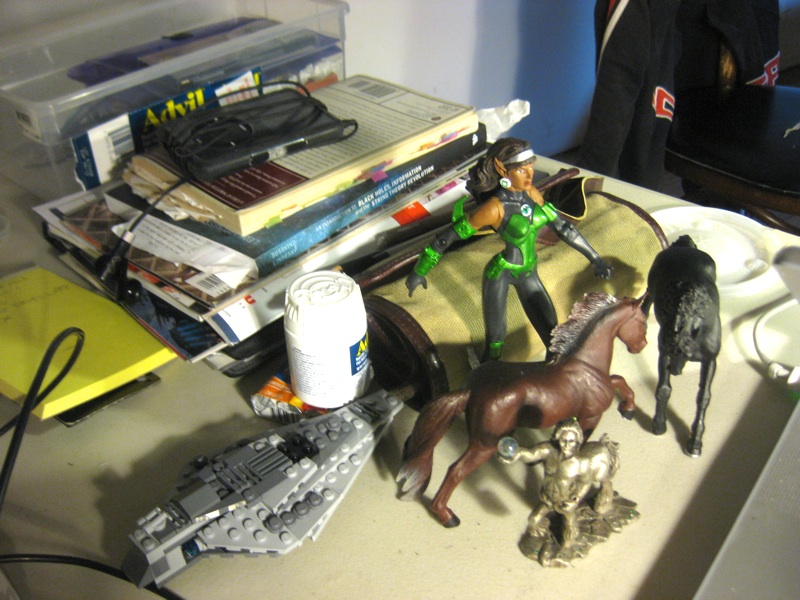
We're doing this at
Noisebridge in San Francisco, a great shared hacker space I should blog. Later. It's their second, or third, birthday. Huge loud distracting party. I've met quite a few friends from The Search Engine That Starts With A G. I've explained
24 hour comics day like 24 times. More on that ... later. Here's another hardworking comicker:

Here's
Nathan Vargas, who shanghaied me into this:

And here I am, from a few hours ago, looking a lot fresher than I do now.

And this is me closing the laptop and getting back to work.

Out of time to blog. Page 1 of the roughs becomes a real page now. See you in 12.
-the Centaur
 A fan wrote:
A fan wrote:

